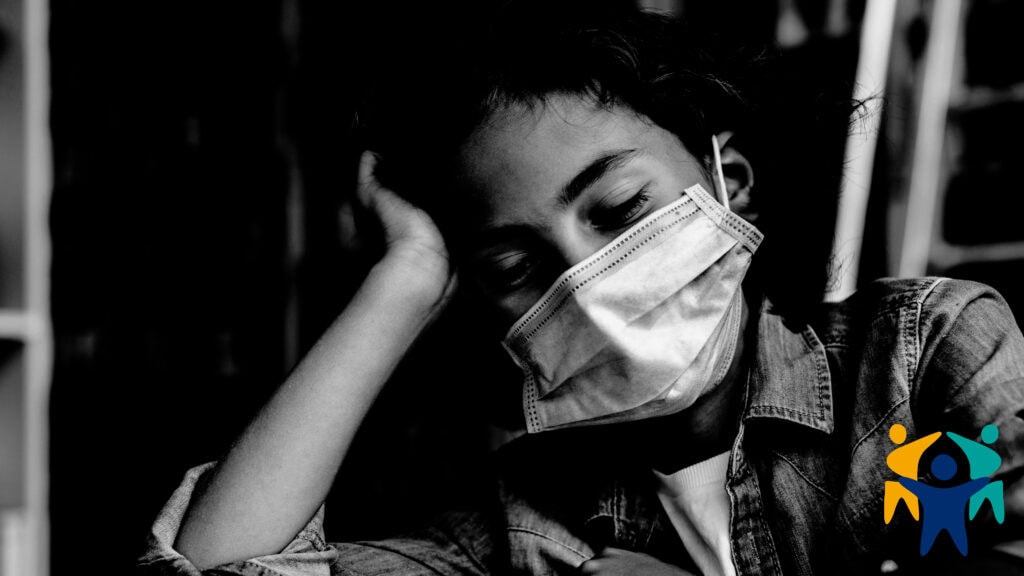
Table of Contents
How do you save a generation?
IPA has been part of the Worldwide Commission to Educate All Kids Post-Pandemic for over two years, but the first opportunity to meet in person was only at the end of July this year only. The Institute For 21st Century Questions hosted the first Global Summit of Commission members – following several virtual events – with an interested and committed audience also present in Toronto, Canada on 29-30 July.
When we joined the initiative, we were already involved in some collaborations for 21st century education for all children, learning also from the school closure period. Our activities have been based on our global initiative New Education Deal – Parents First that triggered these collaborations.
The initiative’s goal is to find solutions for millions of children referred to as ‘third bucket’ kids—those who have fallen through the cracks of the education system. The ‘first bucket’ consists of children who continued their formal education after school closures, while the ‘second bucket’ includes children receiving education in alternative forms, such as homeschooling or online schooling. The most vulnerable group, the ‘third bucket,’ represents NEETs (Not in Employment, Education, or Training), whose basic right to education has been severely compromised, putting their futures at risk.

The Role of Education for Democracy to Save a Generation
In developed countries like the UK and Canada, it is estimated that one in every four or five children never returned to school after the closures, making it challenging to keep track of them. This group is at serious risk of being lost entirely to the education system. The pandemic’s impact has hit these children particularly hard, compounding already existing inequalities and resulting in even more children being disengaged from school.
During the Global Summit, educators from countries around the world, including Uganda and Jamaica, shared personal experiences of how school restrictions lasting over a year affected their regions. Some nations, like Uganda, faced closures for shorter periods but still faced significant challenges in reconnecting children with the education system. Even in areas where restrictions were lifted earlier, there remains a widespread need to address the educational gaps created during the pandemic.
Summit participants were deeply focused on the need to develop both formal and non-formal educational solutions for these children. They emphasized the importance of flexible, adaptable learning opportunities that are meaningful and engaging. These efforts are critical to ensuring that children in the ‘third bucket’ have a chance to recover and re-engage with learning, thus securing a brighter future.

A Mental Health Crisis Among the Lost Generation
Another major topic of discussion was the mental health and well-being of children during and after the pandemic. The extended school closures, combined with measures like mandatory mask-wearing and chemical sanitization, were criticized for negatively impacting children’s mental and physical health. Despite clear evidence early in the pandemic that children were not at significant risk from COVID-19 and did not play a substantial role in its transmission, many governments implemented restrictive policies that have since been deemed harmful.
Educators, health professionals, and epidemiology experts at the Summit strongly agreed that the global response to the virus, particularly concerning school-aged children, was mishandled. These policies should never be repeated, they argued, and future health crises must prioritize children’s well-being and education.
This viewpoint is consistent with the advice given by the International Parents Alliance’s special advisory board throughout 2020-2022. As official inquiries into the political and possible criminal responsibility for these decisions begin, there is renewed attention on how policy missteps contributed to the educational crisis. Going forward, it is essential that future policies are more aligned with the best interests of children, ensuring their rights to education, mental health, and a secure future are upheld, and that it is no longer necessary to ask ourselves how to save a generation from misguided policies.

To the Future
We had the opportunity to introduce our work on open schooling that seemed to be a new approach for most participants from non-European countries. We used the opportunity to promote tools such as the Advocacy Toolkit we developed in PHERECLOS. A Canada-based initiative related to the Global Commission, Project Youth Energy is a mentoring programme that will hopefully be able to utilise the training materials and general approach of our award-winning Parent’R’Us programme.